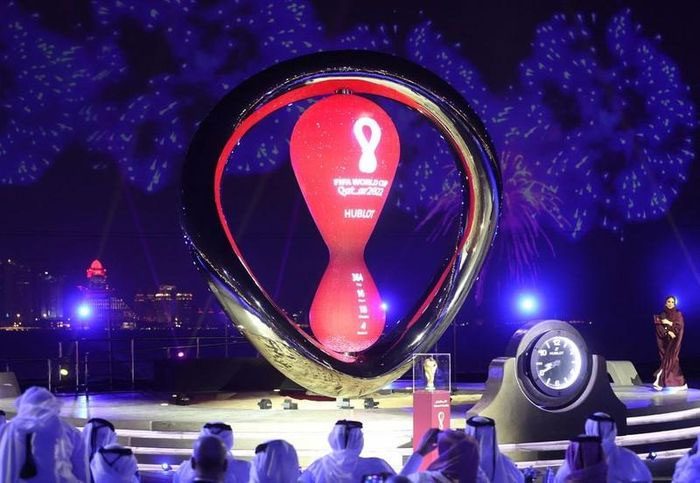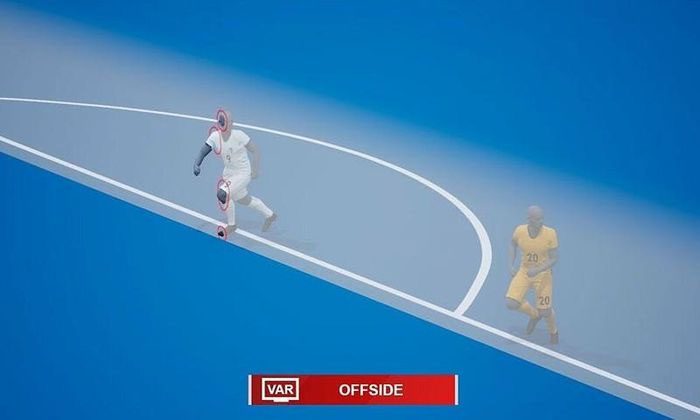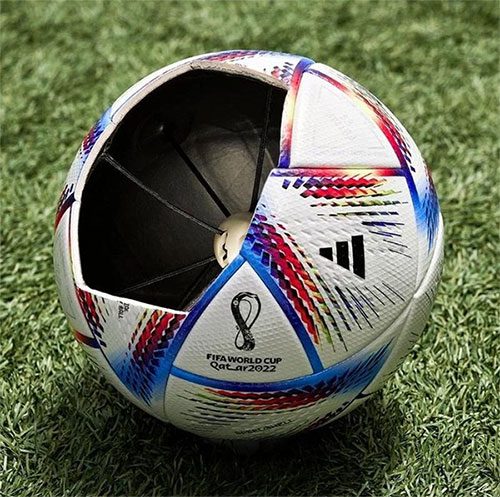World Cup 2022: Here are some interesting facts about the biggest football festival in the world, set to take place in Qatar.
Most Expensive in History
To host the World Cup 2022, the host country Qatar has spent over $6.5 billion on building new stadiums. Among these, a state-of-the-art air conditioning system has been implemented for the first time to ensure players can compete in the most ideal conditions.
Additionally, the country in the West Asia region has invested $36 billion in a driverless metro system connecting eight stadiums.
It is estimated that Qatar has spent up to $300 billion on infrastructure over the past decade.

World Cup 2022 is the most expensive in history due to the host country’s expenses.
Automated Offside Detection
In July, the Fédération Internationale de Football Association (FIFA) announced the use of a semi-automated offside system at World Cup 2022 to facilitate quick and accurate offside calls for referees.
This technology utilizes a sensor within the ball and a camera system to track player movements. Each stadium in Qatar will be equipped with 12 cameras under the roof, synchronized to track 29 data points on each player’s body 50 times per second. The data is processed to create a 3D offside line and notify the VAR team.

Semi-automated offside technology is being used for the first time at World Cup 2022.
A Winter World Cup
Unlike previous tournaments, the Qatar 2022 World Cup will take place in November and December. Traditionally, the World Cup has been held in the summer, typically in June and July. This change was made to avoid the extreme temperatures in Qatar, which can reach up to 50 degrees Celsius during this time.
A Special Ball
The official ball of World Cup 2022 is also quite surprising. Named Al Rihla, which means “The Journey” in Arabic, it is a product of Adidas. Al Rihla is “unique” due to its faster flight speed compared to balls from previous World Cups. This is because it contains an inertial measurement sensor inside.

World Cup 2022 will feature a special ball with new technologies.
This technology will assist in quickly and accurately determining offside situations. Al Rihla is the first World Cup ball produced using eco-friendly water-based ink and adhesive.
Inside the core of Al Rihla is a sensor system called the Adidas Suspension System, which measures the speed and position of the ball and sends that information to the advanced technology network implemented by FIFA in this World Cup, including VAR and the latest Semi-Automated Offside Technology (SAOT).
Female Referees
For the first time in men’s World Cup history, three female referees have been included in the list of 36 referees selected for Qatar 2022. They are female referees Stephanie Frappart from France, Yoshimi Yamashita from Japan, and Salima Mukansanga from Rwanda, all of whom have officiated in men’s tournaments, including the UEFA Super Cup and the Africa Cup of Nations. Additionally, three female assistant referees will participate among the 69 assistant referees.




















































